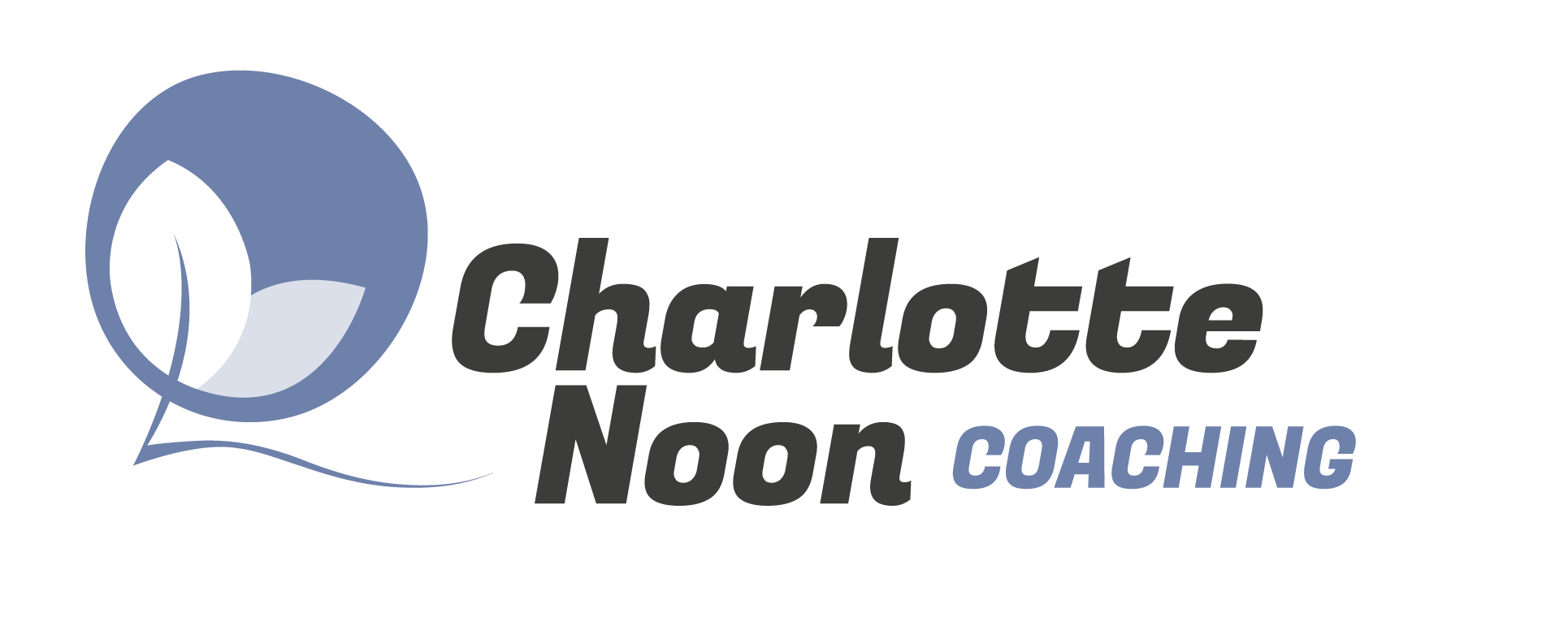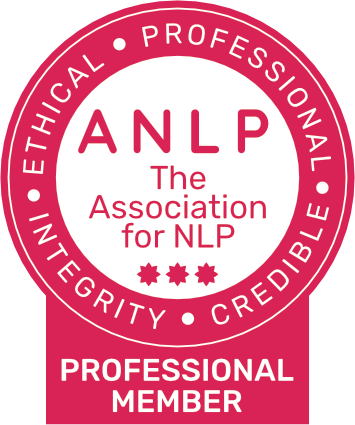Overcoming the 4 most common obstacles to success
Part 4 – How to help your teen believe in themselves

I have been offering English tuition to teens on a one-to-one basis for nearly 7 years now. During the first session when I ask them to tell me about themselves, they nearly always say the same thing: I’m not good at English.
This is not a fact: it is a belief.
The great news is that once your teen realises this, they can choose to create a new belief that is far more empowering.
The process of teaching and learning then becomes easy.
All beliefs start somewhere. No child is born thinking that they are good at something or not good at something. Most beliefs are formed before the age of 10 (most commonly between the ages of 3 and 7).
Many of the teens I work with can recall a memory of when they created the belief that they were not good at English – often it relates to the “table” they were put on in primary school, a throwaway comment from a teacher or comparison with peers. Sensitive children are more likely to take these experiences to heart.
Once a young child forms a belief such as “I am not good at English,” their minds will filter for evidence of this … and so that is what they will see. They will unconsciously delete and distort any information that does not fit with this belief.
This is because our conscious minds can only hold approximately 7 pieces of information at any one time. As a result, our unconscious minds delete, distort and generalise information in order to be able to process the information. The unconscious mind has the best of intentions – it wants to keep us safe.
Often, when a young child forms a limiting belief about themselves, they keep repeating that belief. Then others keep repeating the belief. Until eventually, it becomes part of their identity.
These kind of limiting beliefs are not useful for your teen.
You might also recognise this pattern in yourself. How many less-than-helpful beliefs are you still carrying around from your childhood?
I know that this has certainly been the case for me. I told people at a young age that I was not “sporty” based on a belief I had formed. I told people this a lot because it kept me safe – it meant that I wouldn’t be picked for things. And this meant that I could not fail at it. I was in my forties by the time I realised that I could change this story.
You can help your teen to change their story now … by helping them to identify any limiting beliefs that are no longer serving them.
Here are 3 more quick wins to help your teen believe in themselves:
1. Praise your teen
Your teen may be comparing themselves to others. Your teen might have received a lower test score than they hoped. Your teen may be feeling tired.
This is why your praise is so important. Praise them for their effort. Praise them for their resilience. Find as many reasons as you can to praise them.
In a class of 30, many teens can get lost and feel that they are not seen. When they feel that they are truly seen, this is a huge motivator and will go a long way in helping them become independent.
2. Help your teen to find their natural talents
Think about something you love doing – something that you become so absorbed in that you don’t notice the passing of time. These things are your natural talents – the things that you do easily and without effort. When doing them, we feel positive about ourselves and our abilities and we feel less defensive and more open to suggestions.
Where does your teen get their energy? When are they in flow? These are the keys to unlocking their motivation.
If your teen loves football, let them play football.
If your teen loves art, let them be creative.
If your teen loves drama, find opportunities for them to shine.
3. Help your teen to see failure differently
Many teens have become afraid of failure and will do literally anything to avoid it. Unfortunately, this impacts their learning.
Encourage your teen to use this mantra: There is no such thing as failure, only feedback.
As Thomas Edison, the inventor of the lightbulb, famously said: “I haven’t failed. I’ve just found 10,000 ways that don’t work.”
If your teen views every test score as feedback, it will enable them to work out what to do differently next time to get to the next level. This is how success happens.
If your teen would like some support to release some less-than-helpful beliefs and create some more empowering ones, have a look at some of the ways I can help.

